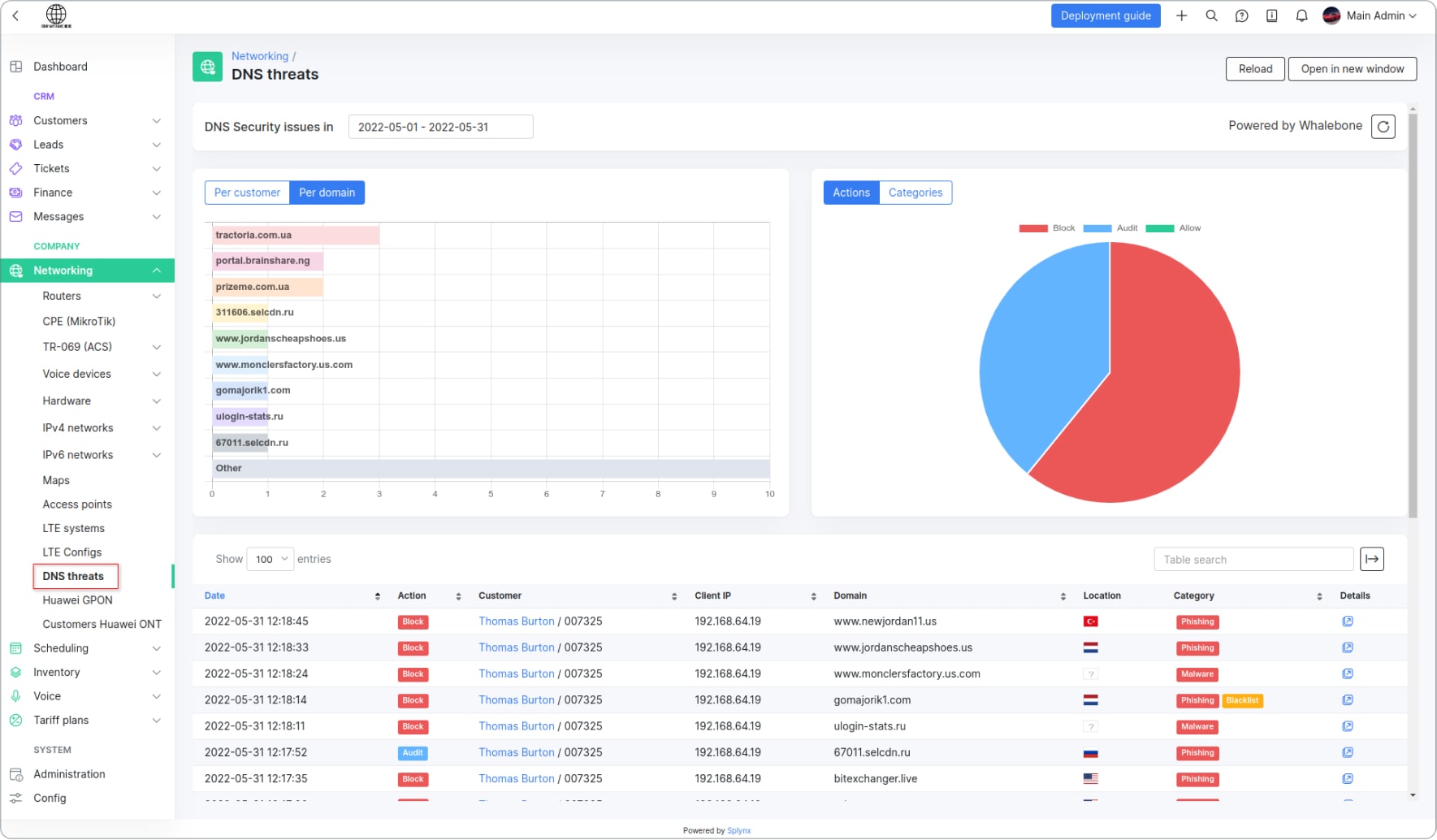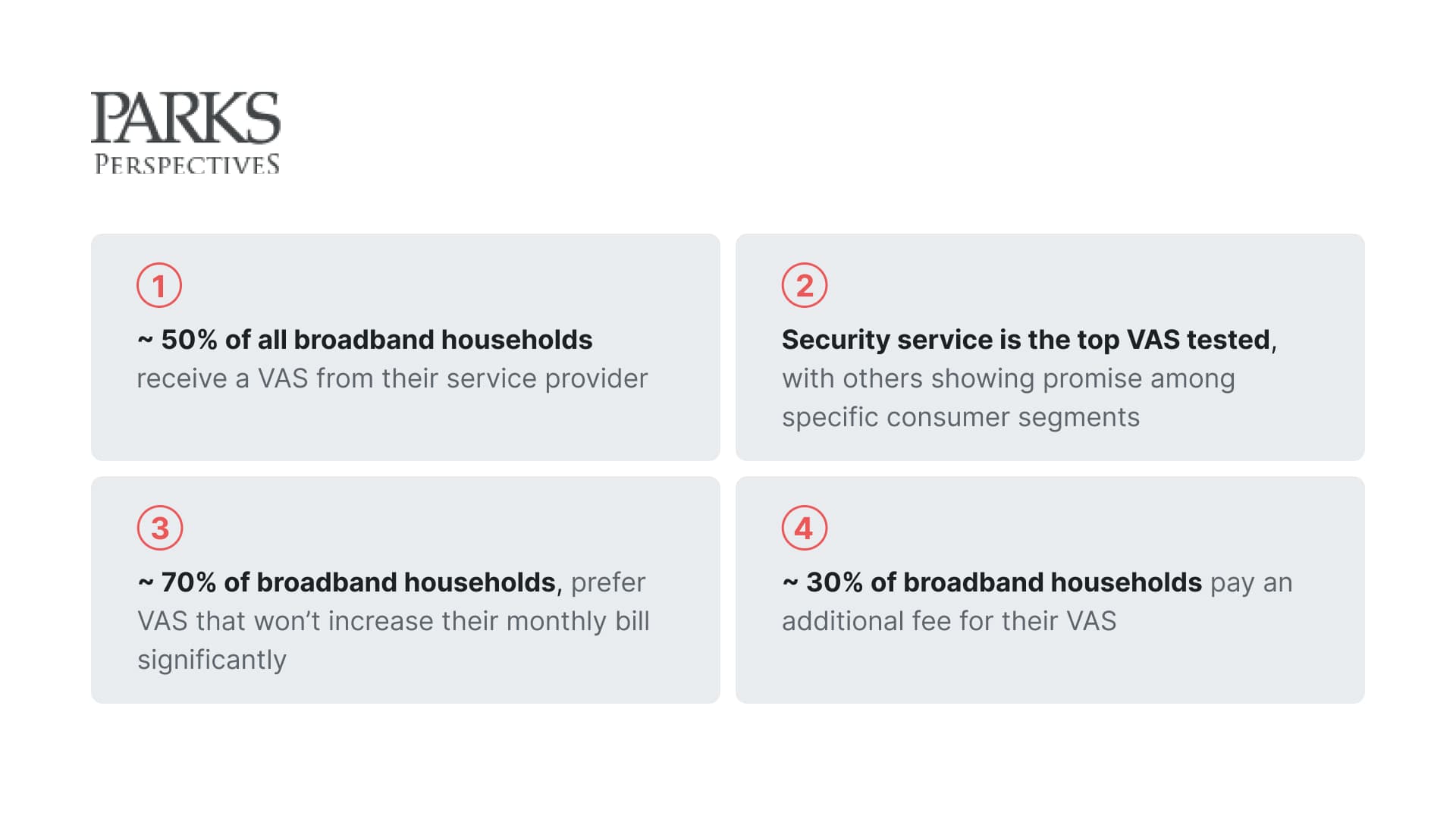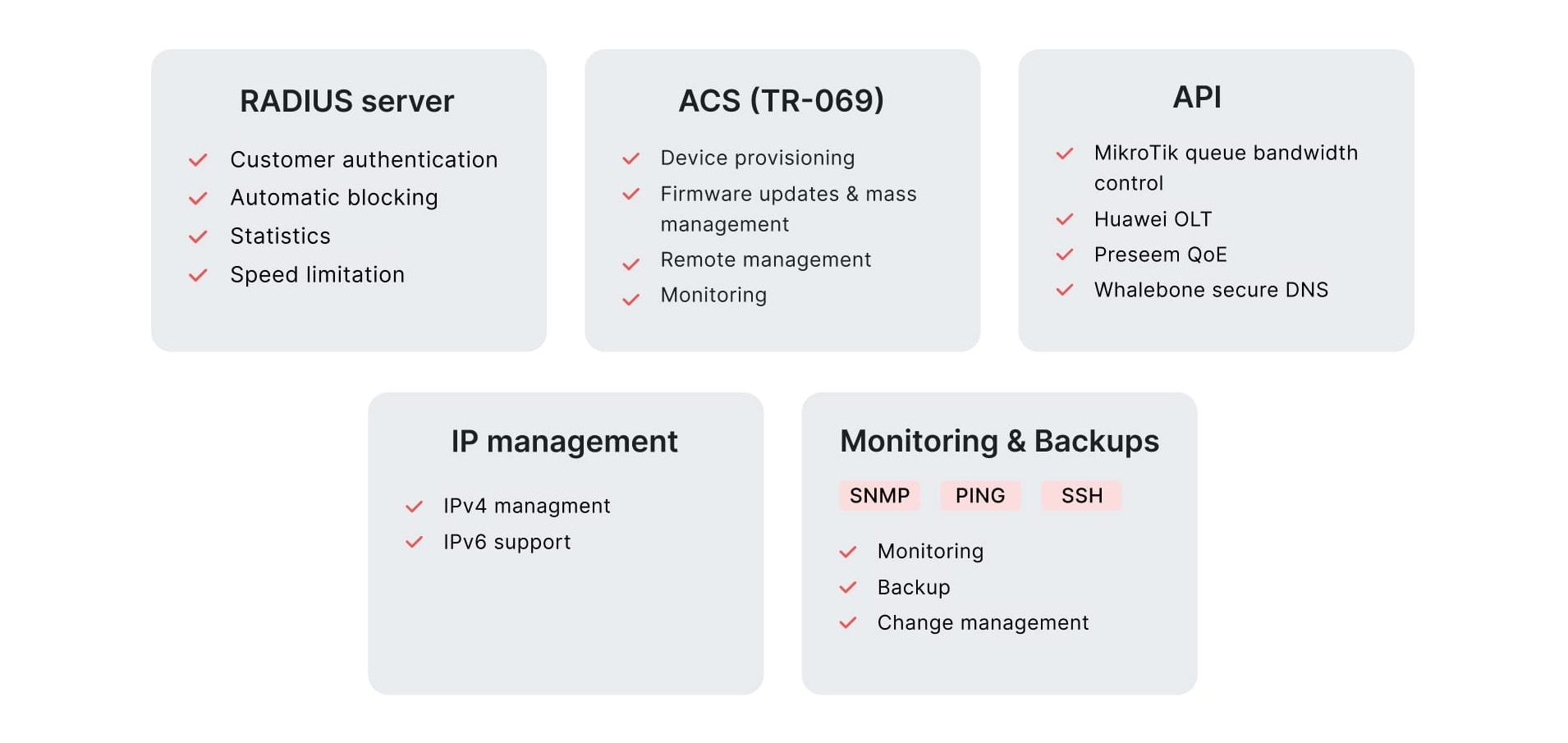



Net neutrality is the principle that all internet traffic should be treated equally, without any discrimination or preference given to certain types of traffic or websites. This principle is considered crucial for maintaining a free and open internet, where all users have equal access to information and resources. The fundamental points of net neutrality are prohibition of: blocking, throttling, and paid prioritization.
However, some internet service providers have been accused of violating net neutrality by engaging in practices that give preferential treatment to certain types of traffic or websites. For example, some ISPs have been known to block or slow down certain websites or services, while providing faster speeds for others. This can give an unfair advantage to certain companies and websites, and can make it difficult for new or smaller players to compete. In this article, we’ll dive deeper into how ISPs can operate in line with regulators in the US.
Additionally, we will explore Splynx, a comprehensive billing and network management system, as a solution to help ISPs navigate the complexities of net neutrality compliance.
In 2010, the Federal Communications Commission (FCC) under the Obama Administration established net neutrality rules that prohibited ISPs from blocking or throttling legal content, and from creating fast lanes for certain websites. These rules were designed to ensure that ISPs did not have the power to control access to the internet and stifle competition.
However, in December 2017, the FCC, under the Trump Administration voted to repeal the net neutrality rules established in 2010. This decision was met with significant backlash from consumer advocacy groups and technology companies who argued that the repeal would lead to ISPs having greater control over internet access and could result in higher prices and limited choices for consumers.
Since the repeal, there have been ongoing efforts to restore net neutrality rules in the US. In the 2022 legislative session, eleven states have proposed laws related to net neutrality. New York, in particular, has passed legislation that created the ConnectALL program, which aims to expand internet access. In addition, the legislation favors providers who promise not to limit data usage for customers or discriminate against any internet content during their business operations.
To find Net Neutrality Legislation in your state, visit the National Conference of State Legislatures website.
The future of net neutrality in the US remains uncertain, as the issue continues to be a highly debated topic among lawmakers and advocacy groups.
The concept of net neutrality, while advocating for an open and fair internet, brings with it a series of potential challenges and responsibilities for Internet Service Providers (ISPs). In this section, we will delve deeper into the multifaceted impact of net neutrality regulations on ISPs.


With net neutrality regulations in place, ISPs must focus on efficient network management to ensure that all customers receive equal service. This involves managing bandwidth allocation, traffic shaping, and congestion control.
Proving compliance with net neutrality standards is crucial for ISPs. Regulatory authorities may require ISPs to maintain detailed records of their network management practices and ensure transparency in their operations.
Network management systems like Splynx can assist ISPs in documenting compliance, offering a centralized platform for tracking and reporting network-related activities.
The net neutrality debate is a contentious issue that has real-world implications for Internet Service Providers (ISPs). In this section, we will explore concrete cases and examples that highlight the arguments both in favor of and against net neutrality, shedding light on how ISPs have been affected by these regulations.
Let’s explore how Splynx’s features can assist ISPs in achieving net neutrality compliance.
Splynx provides ISPs with advanced bandwidth management capabilities. It allows ISPs to allocate bandwidth fairly among their users, preventing any single user or service from monopolizing network resources. This feature is critical in maintaining net neutrality principles, ensuring that all customers enjoy equal access to online content without discriminatory practices.
Splynx provides ISPs with tools to centrally manage the network and have visibility into their network’s performance. This allows ISPs to proactively identify and address any issues related to net neutrality compliance. By closely monitoring network activities, ISPs can maintain transparency and prevent violations.

ISPs can use Splynx to maintain records of their actions, ensuring they have the necessary data to demonstrate compliance with net neutrality regulations when required.
Splynx enables ISPs to configure their networks in a way that aligns with net neutrality principles. Whether it’s setting up fair tariff plans, implementing traffic shaping rules, or ensuring non-discriminatory access to content, Splynx’s network configuration features empower ISPs to adhere to net neutrality standards while maintaining efficient operations.
In summary, Splynx is an effective solution that can assist ISPs in managing and monetizing their networks while also ensuring net neutrality. By streamlining network workflow, billing, and customer management, Splynx enables ISPs to provide excellent customer experience and maximize revenue.
Book a free demo and dive into the software functionality in your own environment – taking full advantage of all the features Splynx offers.
See how Splynx helps ISPs effectively build their business and grow rapidly
Learn more